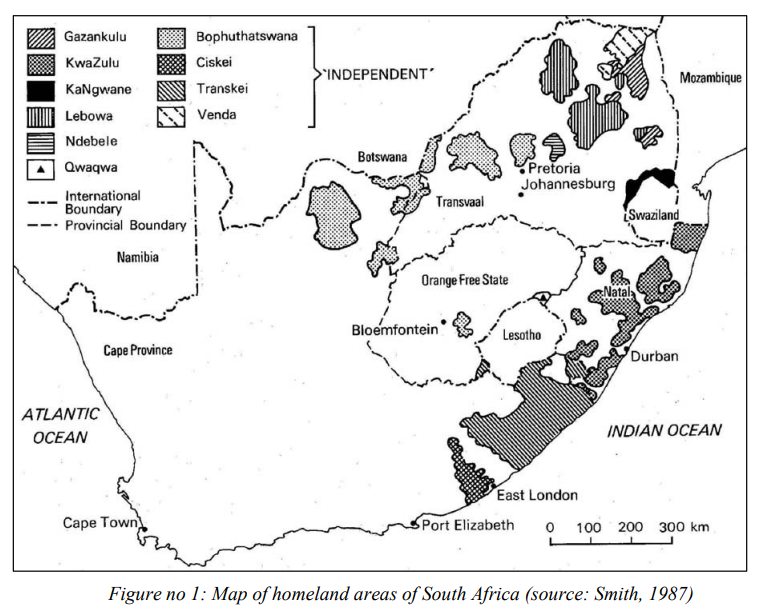Making Urban Land Markets Work Better in South African Cities and Towns

01 January 2007
Urban LandMark
English
Urban LandMark Librarian, Mark Napier
Research report
Council for Scientific and Industrial Research, Urban LandMark
Africa
Contemporary and historical state interventions in South African cities and towns have distorted urban land markets affecting especially the poor. This has resulted in market failure for less wealthy individuals and households in their attempts to find places to live, trade and manufacture in order to earn a decent living. This paper discusses the balance between state allocation of urban land and market distribution of land as a resource, an asset which inevitably becomes a commodity which can be used by the poor more or less effectively to alleviate poverty.
Observations are made about how the market has been distorted, and why it would make good sense (socially, economically and ideologically) for poorer communities to be better located in South African urban areas. The paper ends with the beginnings of an agenda for change.
Abstract based directly on source.



Comments